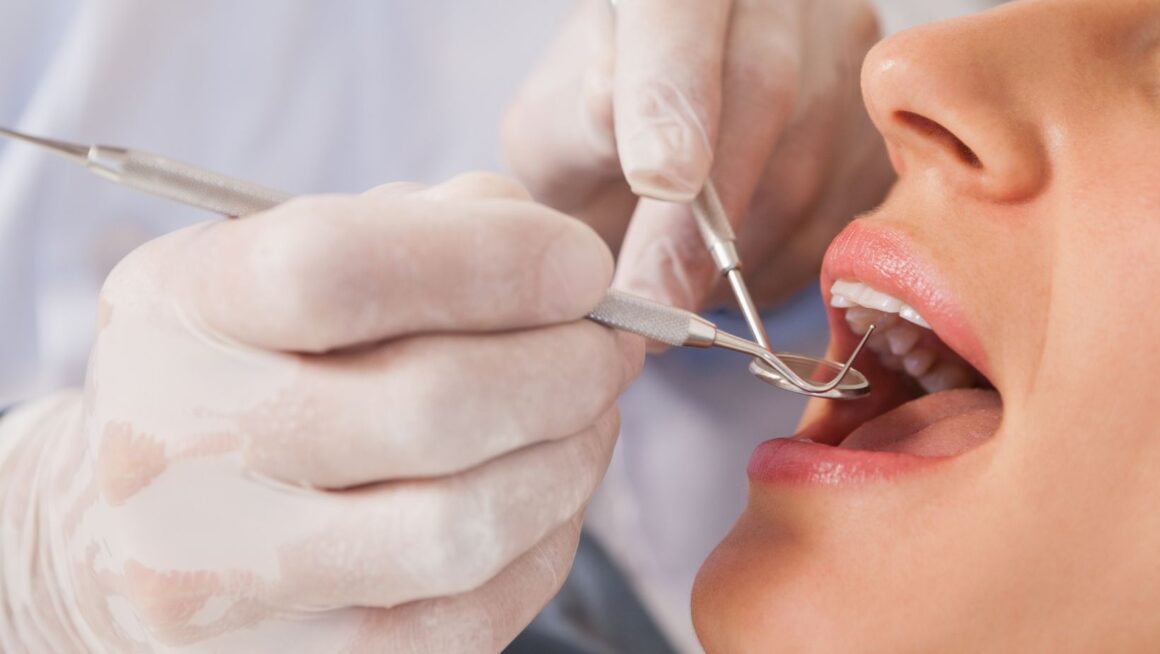
Dental pain can appear suddenly, often at the most inconvenient times. Whether it is a sharp, throbbing ache or a constant dull discomfort, managing tooth pain before seeing a dentist is essential for your comfort and well-being.
If you are looking for a trusted Dentist in Burlington, Burlington Family Dentistry provides comprehensive dental services, including urgent care for emergency dental issues. While professional treatment is always the best solution, knowing how to ease pain at home can make your wait more manageable.
What are the Causes of Dental Pain?
Dental discomfort can result from a variety of issues such as cavities, gum infections, broken teeth, abscesses, or other oral infections. Understanding the type of pain you feel can help you choose the most effective temporary relief methods.
For instance, a sudden sharp pain when biting may indicate a cracked tooth, while ongoing throbbing could signal an infection or inflammation. Even minor aches should not be ignored. Identifying the cause is important, but seeing a dentist is the safest way to address the problem. A dentist can assist you in determining the underlying cause, the reasons behind it, and the best, customized treatments.
Steps to Temporarily Reduce Dental Pain
There are a number of natural ways to ease dental discomfort as you wait for your dentist appointment:
1. Warm Salt Water Rinse
Rinsing your mouth with warm salt water will help reduce swelling and cleanse your mouth. In a glass of warm water, combine a teaspoon of salt, swirl for 30 seconds, and then spit it out. This method can calm irritated gums and remove debris that may worsen the pain.
2. Cold Compress
Applying a cold pack or ice wrapped in a cloth to the outside of your cheek near the sore place will help reduce swelling and dull pain. Use it for 15–20 minutes several times a day. Cold therapy works particularly well for trauma or swelling-related pain.
3. Over-the-Counter Pain Relievers
Medications like ibuprofen or acetaminophen can temporarily relieve pain. Follow the dosage instructions on the packaging and consult a healthcare professional if you have any medical conditions or take other medications. Remember, these only relieve symptoms. They do not treat the underlying dental issue.
4. Topical Anesthetics
Topical anesthetics, such as gels containing benzocaine, can numb the painful tooth or gum area. Apply a small amount directly to the sore spot for temporary relief. Be careful to use these products sparingly and avoid swallowing them. Overuse may irritate your gums or oral tissues. Topical anesthetics work best for localized pain and are particularly helpful when eating or drinking causes discomfort.
5. Clove Oil Application
Clove oil is a natural remedy with analgesic and antiseptic properties. It contains eugenol, a compound that helps numb dental pain and reduce inflammation.

Apply a small amount of clove oil to a cotton ball and gently press it against the affected tooth or gum area. Avoid swallowing the oil, and remove it after a few minutes. Clove oil can provide effective temporary relief, particularly when waiting to see a dentist.
6. Diet Tips to Reduce Pain
What you eat and drink can affect dental discomfort. Avoid extreme temperatures, sweet, or acidic foods, as they may aggravate pain. Stick to soft, easy-to-chew foods like yogurt, mashed potatoes, or smoothies. Drinking plenty of water helps keep your mouth clean and hydrated. Being mindful of your diet can prevent the pain from worsening before your appointment.
When to Seek Urgent Dental Care
Some situations require immediate professional attention. Contact a dentist right away if you experience:
- Severe pain not relieved by over-the-counter medication
- Swelling in the face, mouth, or neck
- Bleeding from gums or teeth
- Fever along with dental pain
- Difficulty swallowing or breathing
Burlington Family Dentistry provides emergency dental services to address these urgent issues promptly. Early intervention prevents more serious complications.
Preventive Measures for the Future
Managing dental pain also includes taking steps to prevent it from recurring:
- Good Oral Hygiene: Brush twice daily with fluoride toothpaste and floss to remove plaque and prevent cavities.
- Routine Check-Ups: Regular dental visits help detect problems early before they become severe.
- Avoid Hard Foods: Refrain from chewing ice, hard candy, or other foods that may crack teeth.
- Mouthguards: If you grind your teeth at night, a mouthguard protects them from damage.
Conclusion
Dental pain can be stressful, but using these temporary measures can help you stay comfortable until you see a dentist. Remember, these remedies are only short-term solutions. Persistent or severe pain requires professional evaluation.
Burlington Family Dentistry is ready to provide expert care and guidance for all dental concerns. Taking early action and following these tips can help protect your smile and maintain your oral health.










